
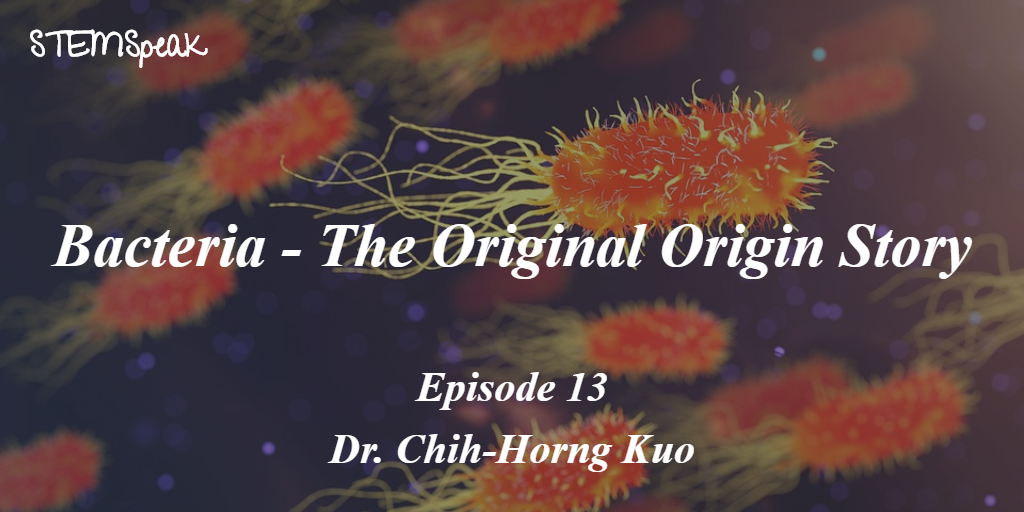
Dr. Chih-Horng Kuo, Research Fellow from the Institute of Plant and Microbial Biology in Academia Sinica answers these questions and illustrates how studying the history of bacterial evolution is important for our future
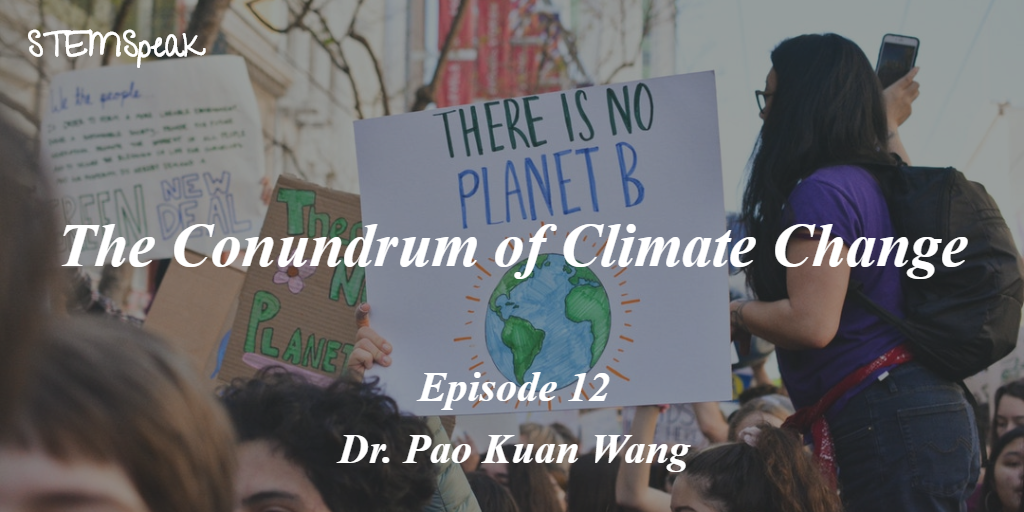
Dr. Pao Kuan Wang, Director and Distinguished Research Fellow from the Research Center for Environmental Changes at Academia Sinica tackles the ever-important Climate change debate
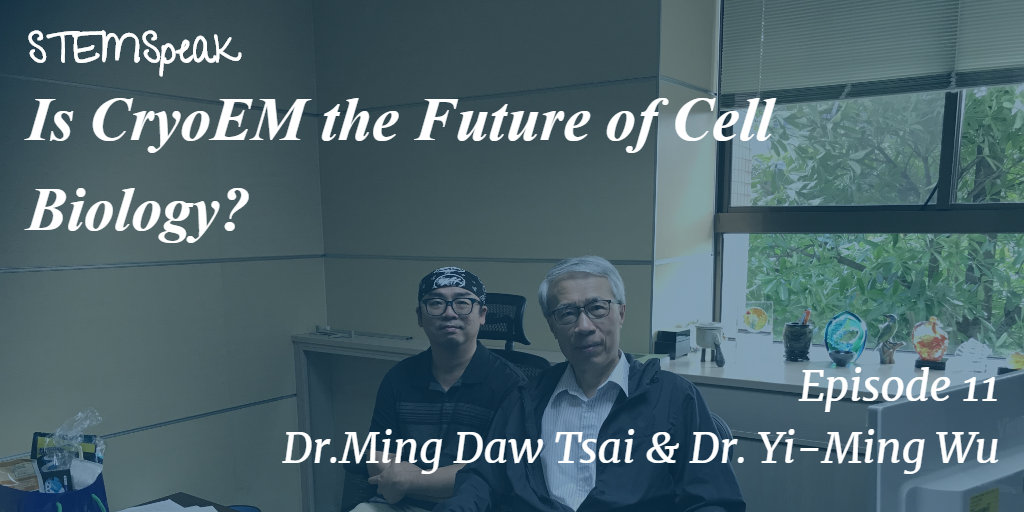
In this episode, Dr. Ming Daw Tsai and Dr. Yi-Ming Wu from Academia Sinica CryoEM Center discusses the principle, methodology, advantages, and future of CryoEM
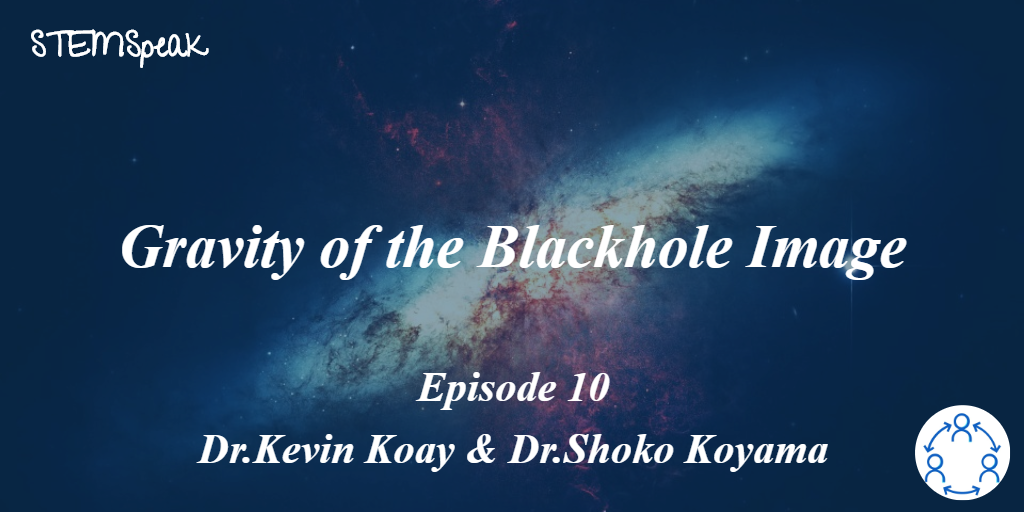
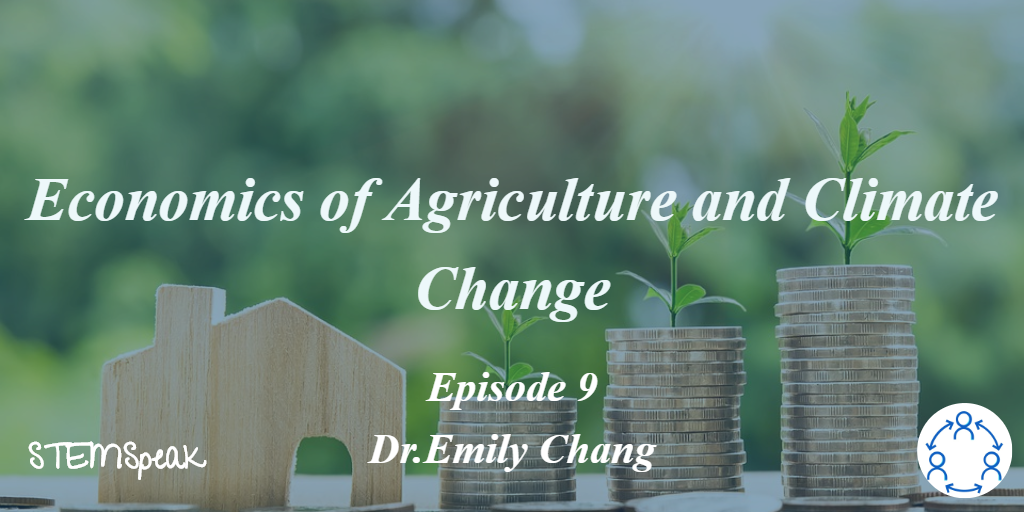
Dr. Emily Chang from The Institute of Economics, Academia Sinica talks about how agricultural policies are designed based on production efficiency, demand, and supply chains, what are the challenges in measuring climate change and developing sustainable economic policies
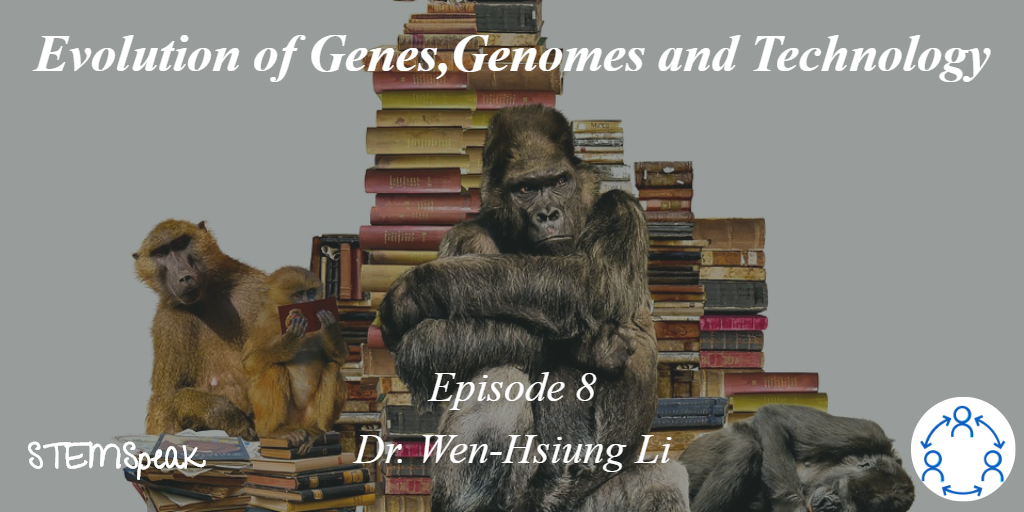
Dr. Wen-Hsiung Li from the Biodiversity Research Center in Academia Sinica talks about how comparing the genetic codes of different species helps us understand their evolutionary origins and how this fundamental knowledge can be translated into producing important enzymes and hormones
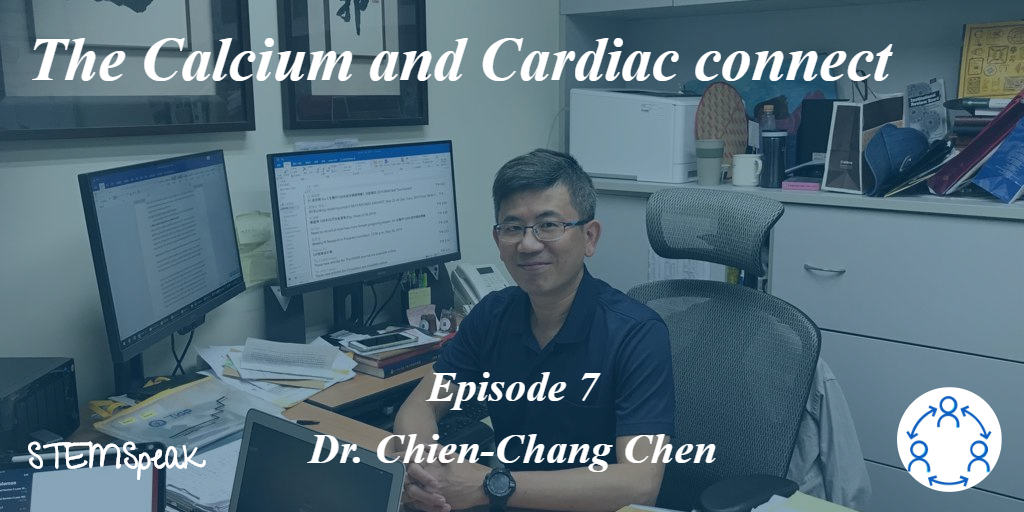
Dr. Chien-Chang Chen from the Institute of Biomedical Sciences in Academia Sinica talks about how calcium in our heart cells is important for cardiac structure and function
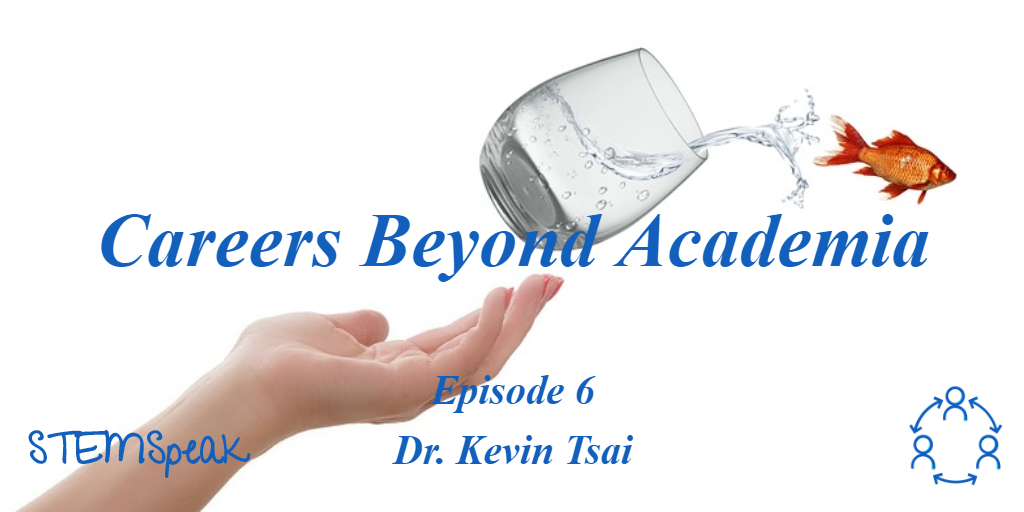
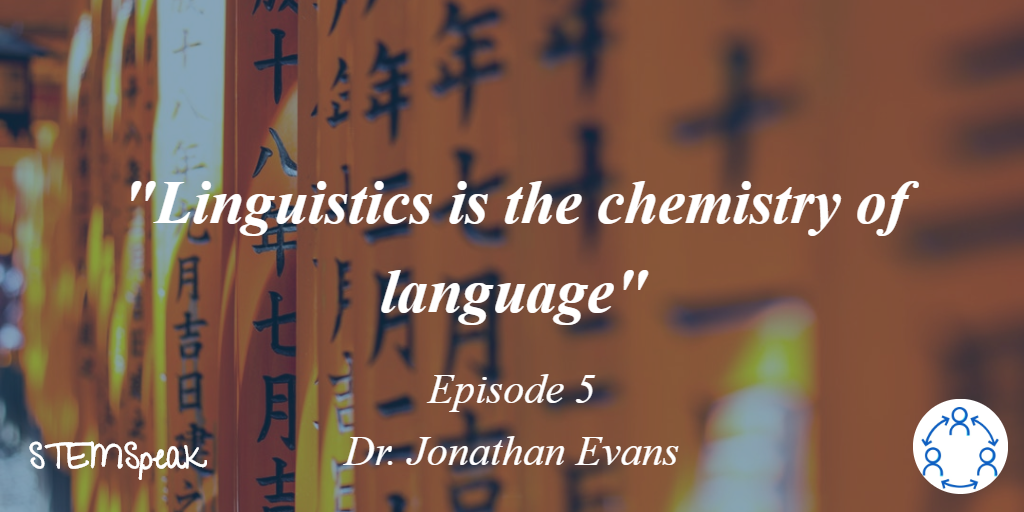
In this edition of STEM101, we dissect the role of technology and communication in the evolution of language with Dr. Jonathan Evans. Dr. Evans from the Institute of Linguistics is an expert on historical phonology and phonetics
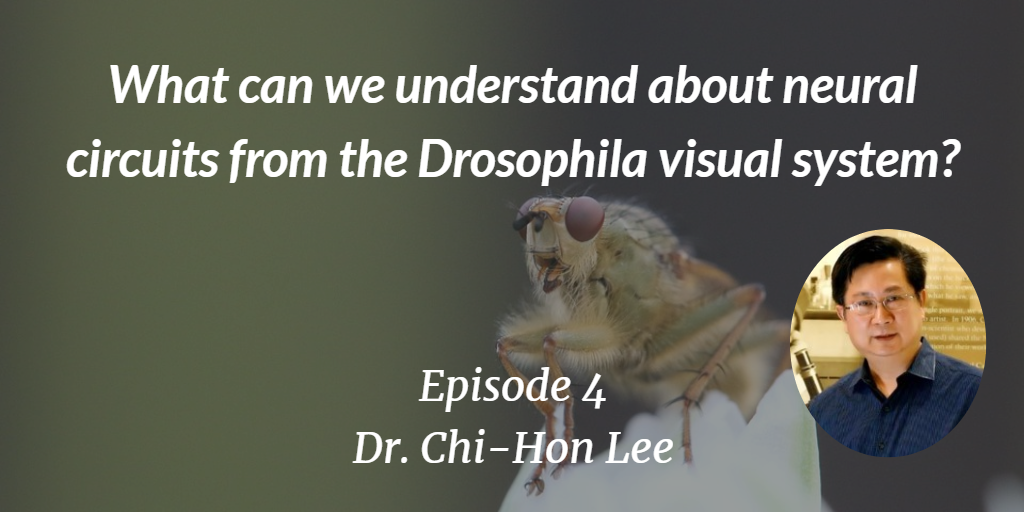
Dr. Chi-Hon Lee, the director of the Institute of Cellular and Organismic Biology at Academia Sinica, answers many questions like why Drosophila is a good animal model to study the nervous system
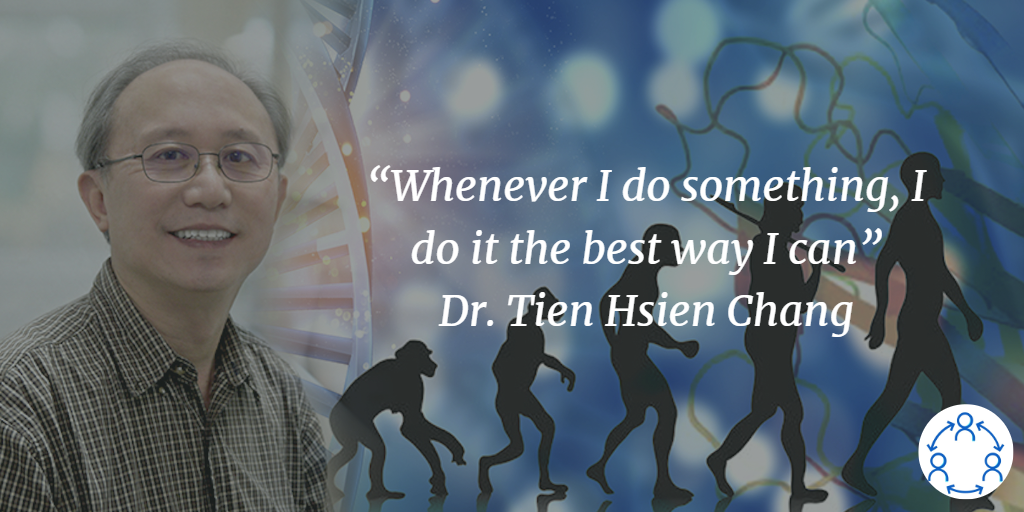
Those who know Dr. Chang, know that he teaches an exciting course titled ‘To be a scientist’, where we trace the life and times of some of the greatest scientists of the 21st century. Here, he talks about his journey as a scientist.


Peering deep into space -- an astounding 90 percent of the way across the observable universe -- astronomers have witnessed the beginnings of a gargantuan cosmic pileup, the impending collision of 14 young, starbursting galaxies.
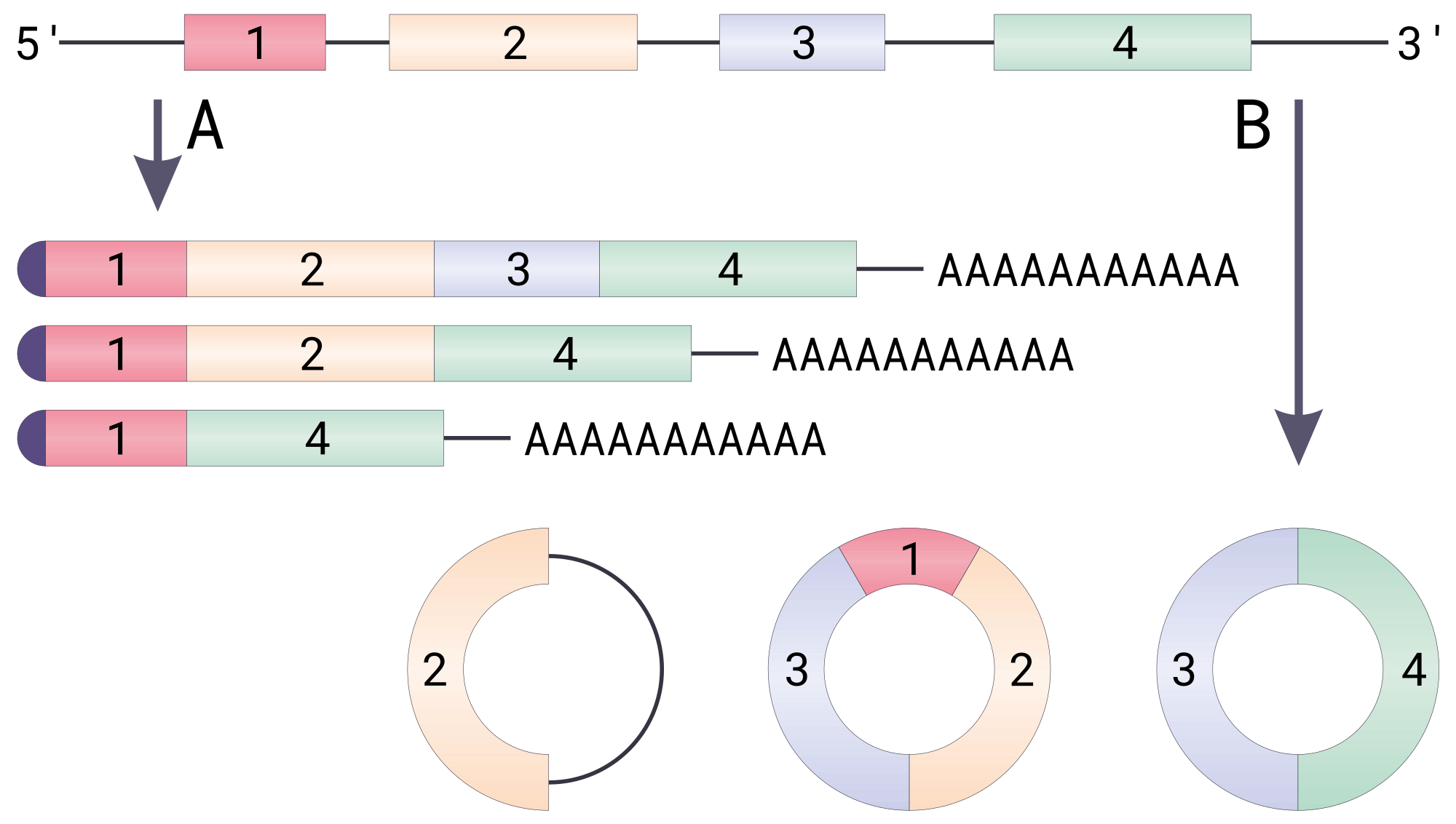
When cells in the human body become aged or injured, pluripotent stem cells may provide a means for repair. These cells can be induced to form a variety of different cell types and may be able to replace dysfunctional cells or regrow damaged tissues.
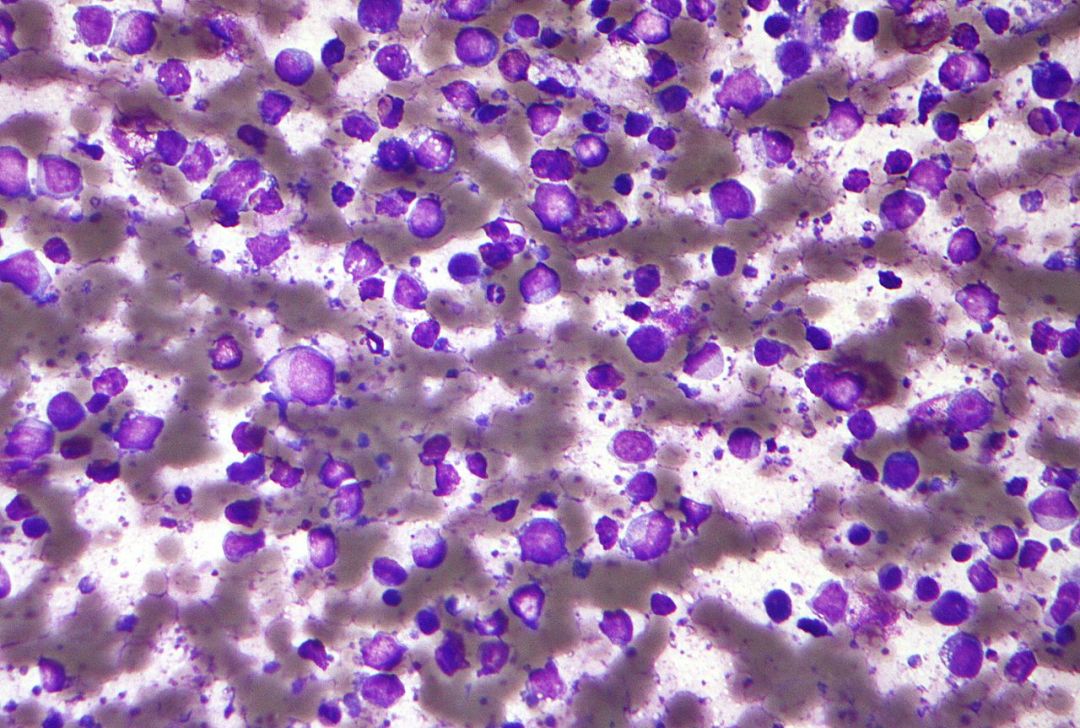
By altering the intracellular protein modification with sugar, Dr. Kuo-I Lin’s lab made B cells in mice turn lethargic when they reach a mature age and mount the antibody responses.
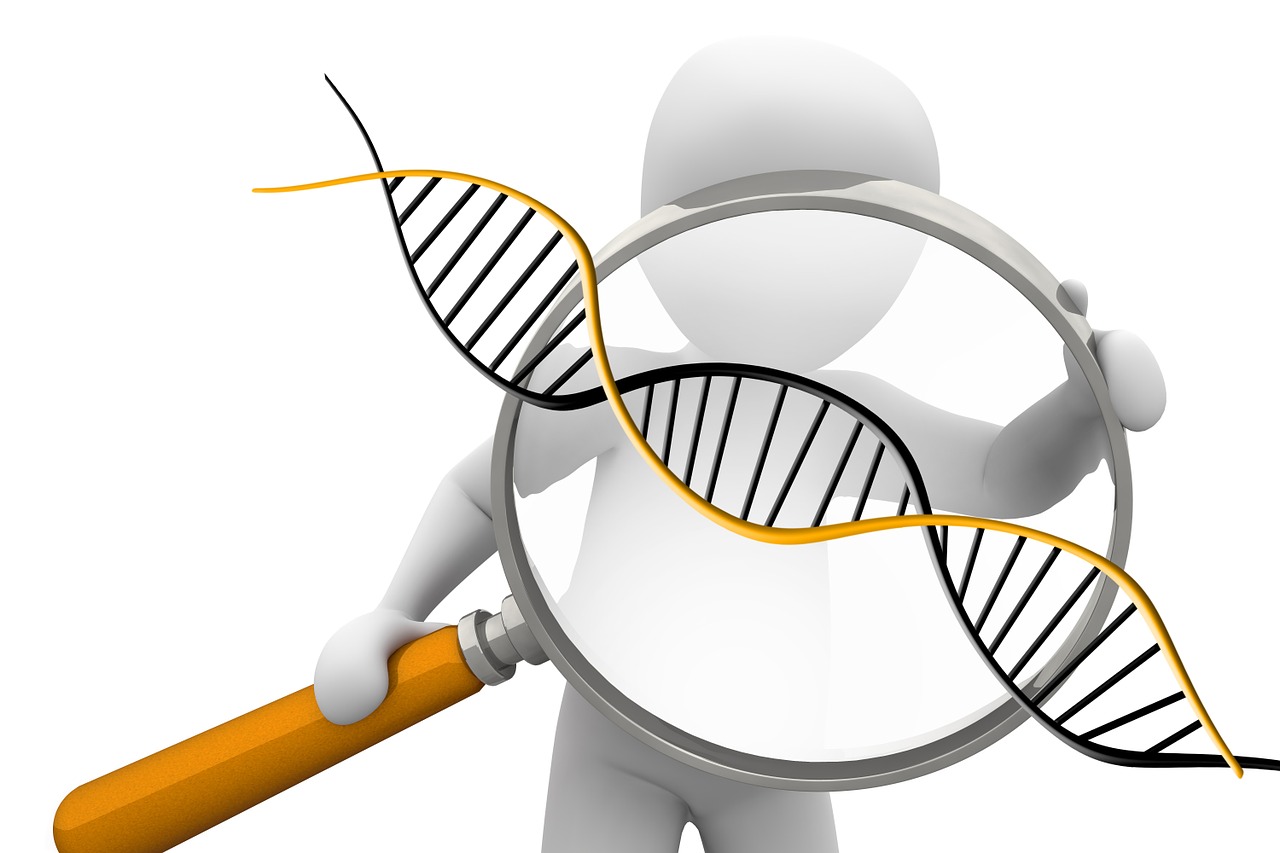

An obvious magnetic disturbance has been repeatedly observed by magnetometers located outside of urban areas in Yangmingshan National Park and has affected the monitoring of volcanic activity in the northern region of Taiwan.

In nature, living organisms use primary metabolites containing simple building blocks as their starting materials. An important part of utilizing these starting materials is enzymes, which efficiently catalyze a variety of chemical reactions and generate a large number of natural products through biosynthetic pathways.

Academia Sinica is organizing 7th Asian Symposium on Plant Lipid (ASPL2017). This event will be held at Academia Sinica campus, Taipei, Taiwan from 29th November to 2nd of December 2017.

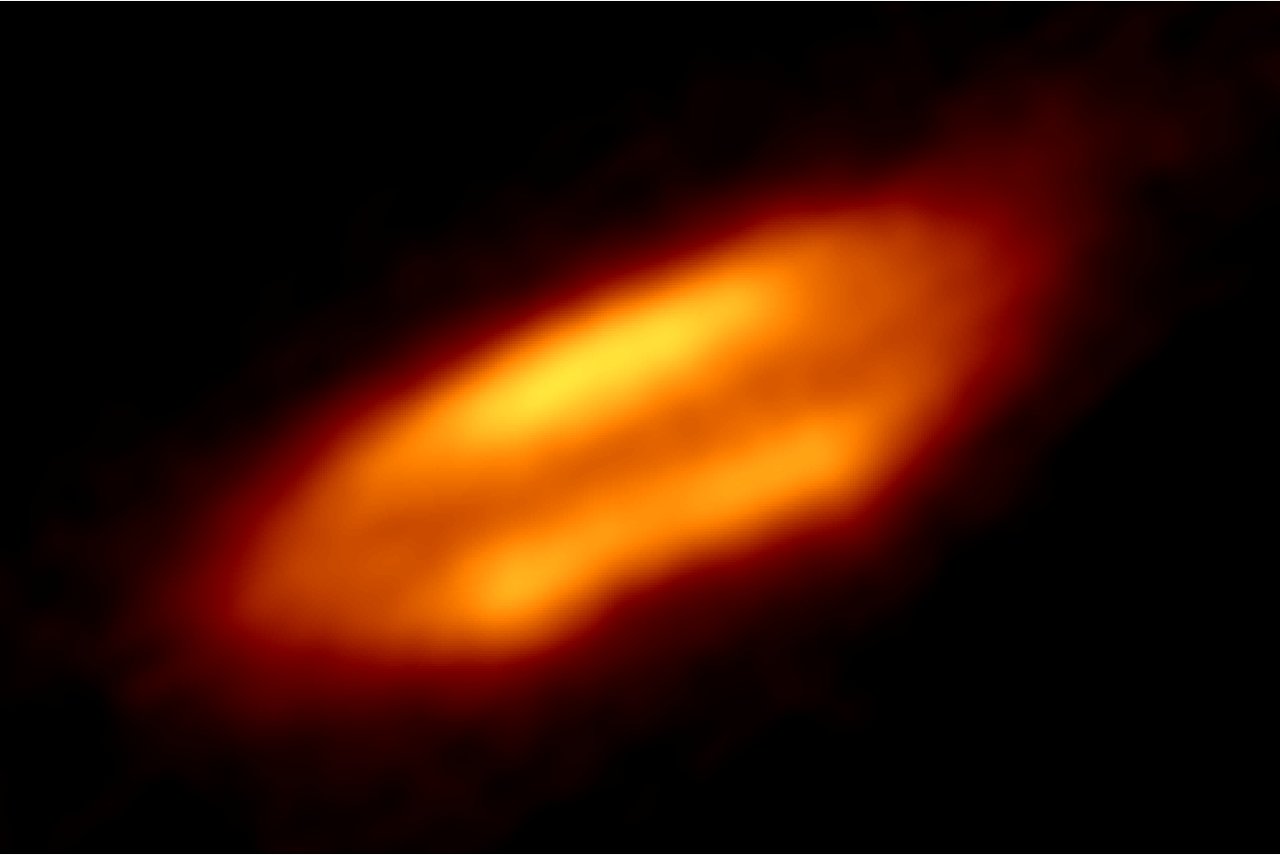
An international research team, led by Chin-Fei Lee of the Academia Sinica Institute of Astronomy and Astrophysics (ASIAA, Taiwan), has used the Atacama Large Millimeter/submillimeter Array (ALMA) to detect complex organic molecules for the first time in the atmosphere of an accretion disk around a very young protostar.
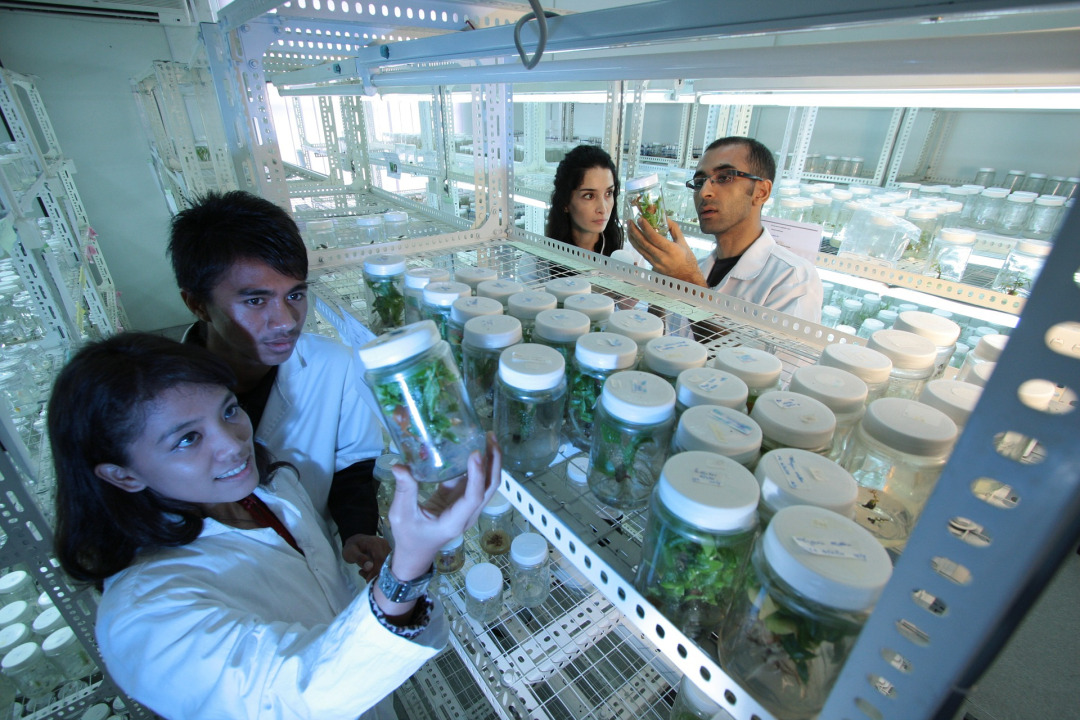
Dr. Rita Chen is an Associate Research Fellow at the Institute of Biological Chemistry (IBC) and is also a TIGP-CBMB faculty member. Dr. Chen was awarded her Ph.D. degree from the Department of Biochemistry at the prestigious University of Cambridge in 1998.
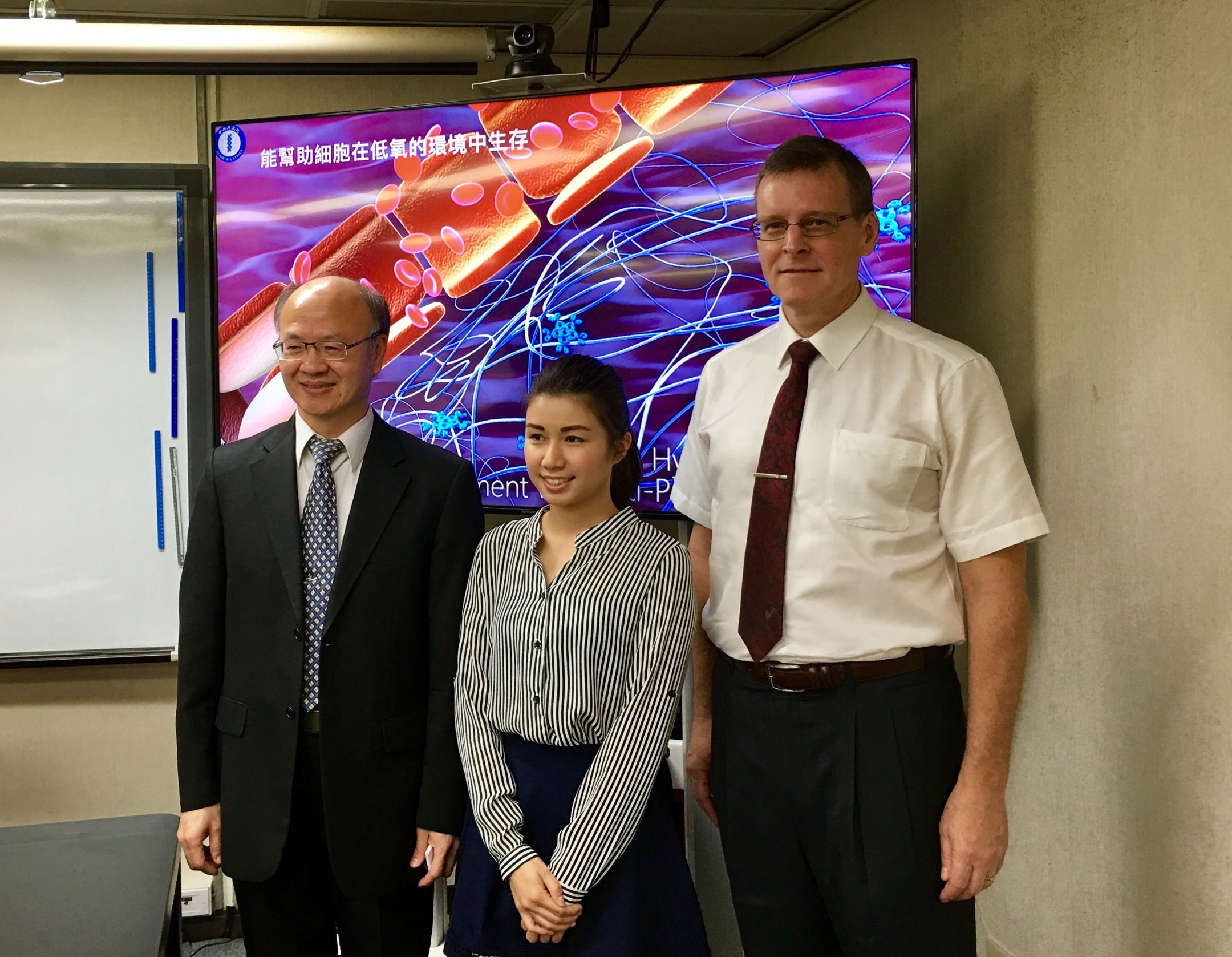
Dr. Patrick Ching-Ho Hsieh, Dr. Steve Roffler, and colleagues at the Institute of Biomedical Sciences have announced a new treatment for limb ischemia that may solve many of the traditional problems for treating the disease.

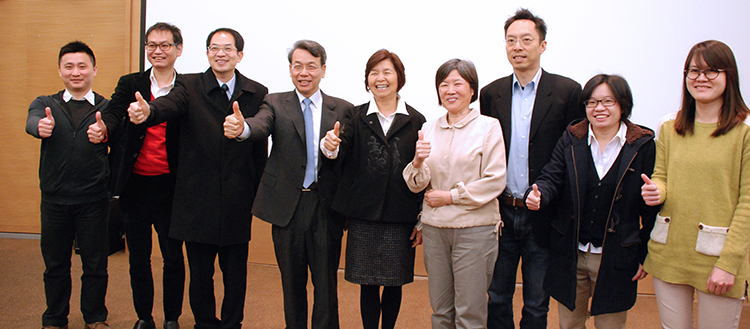
Of all battles against cancer, when it comes to the therapeutics for pancreatic cancer, more than ever, it is too little and too late. That is why, when Dr. Wen-Hwa Lee’s team developed an antibody and proved that it can extend the life of lab mice to twice longer than its compared group, the participating scientists are excited, for they have pushed the milestone one step further in finding the therapeutics for pancreatic cancer patients

Dr. Rita P.-Y. Chen, an Associate Research Fellow at the Institute of Biological Chemistry along with Dr. Pang-hsien Tu, a former Assistant Research Fellow at the Institute of Biomedical Sciences, and their research teams recently found that a modified short peptide delays the onset of Alzheimer’s disease when delivered in the form of a nasal drop in a mouse model.

Research misconduct is increasingly a problem in the Taiwan academic community and recently has become an important issue. Society expects ethical behavior to come naturally for a researcher at our national academic institutions.
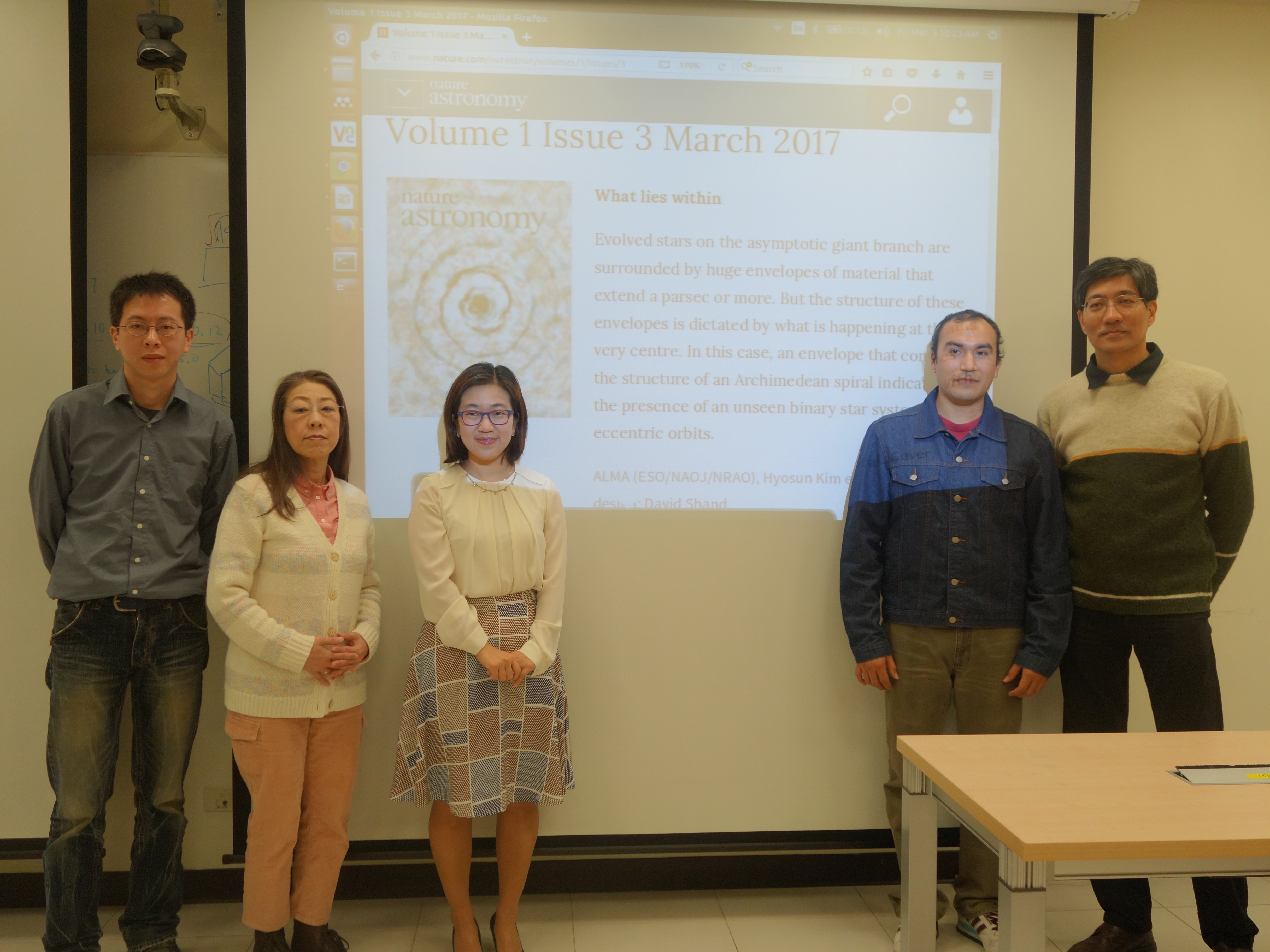
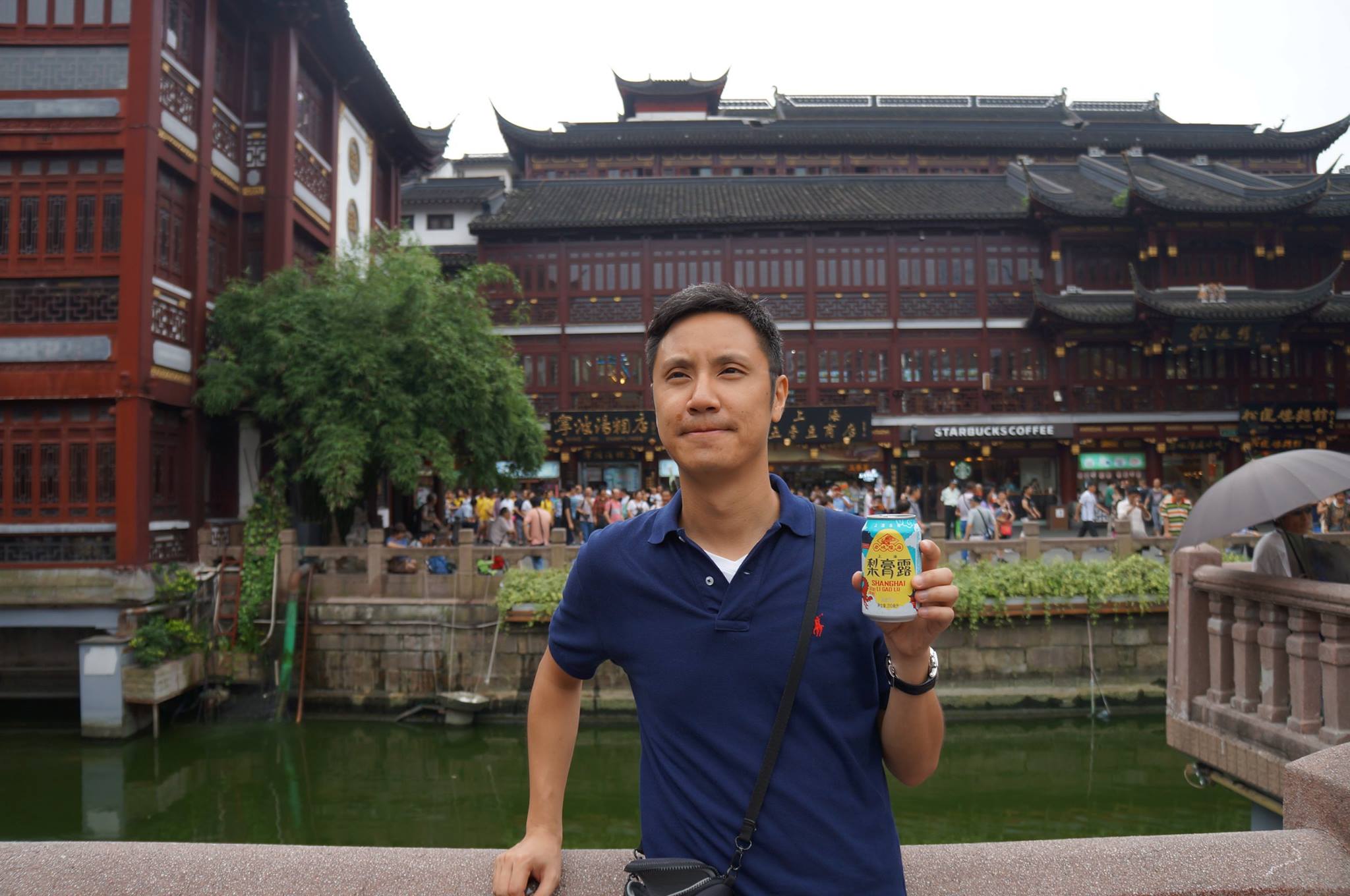
Kevin Tsai recently graduated from the Ph.D. program in Bioinformatics at Academia Sinica, Taiwan. Prior to graduating, he did contract work with McKinsey & Co. and held positions at Gilead Sciences and Celera.
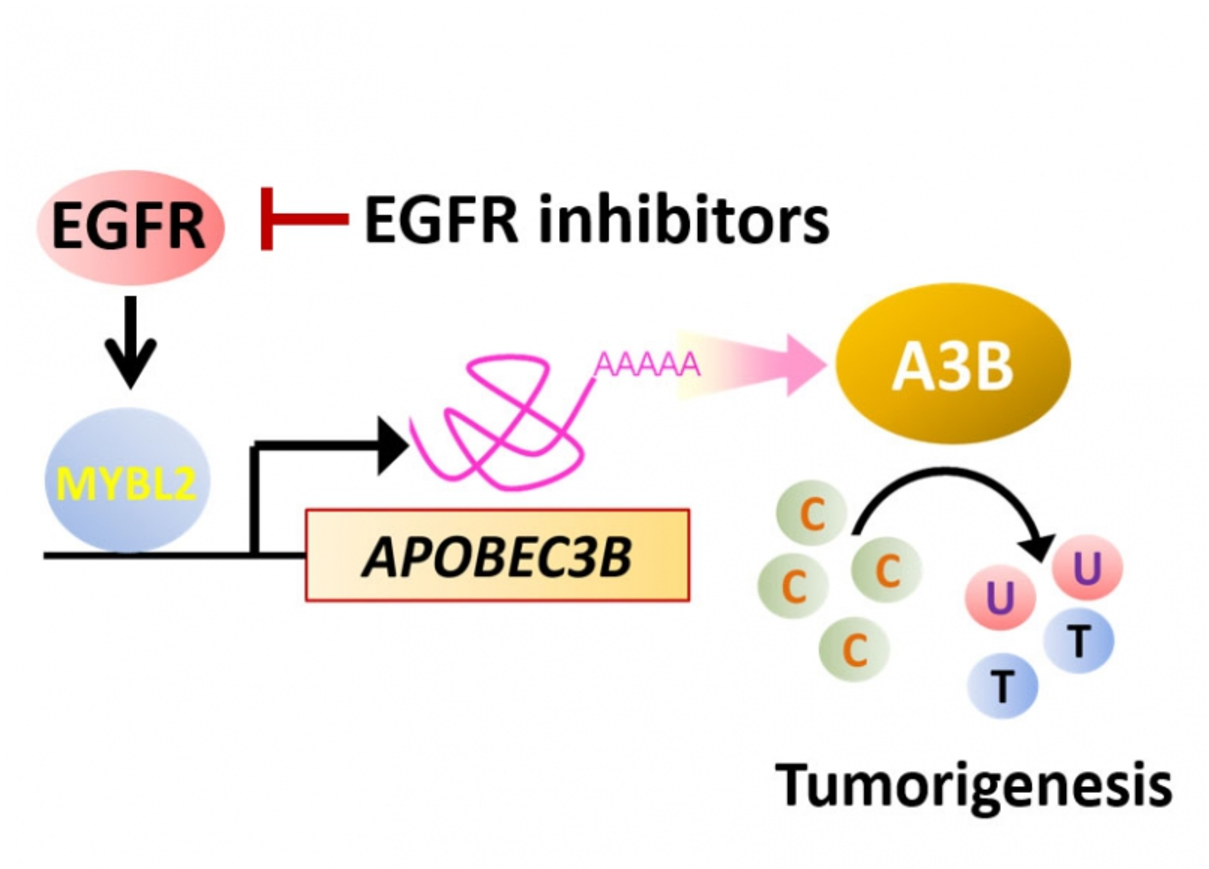
Researchers from Taiwan identify the protein responsible for the accumulation of somatic mutations in various cancers. The study conducted by Dr. Shen, Chen-Yang and his team at Institute of Biomedical Sciences, Academia Sinica, shows that the protein B-Myb–A3B contributes to DNA damage and could be targeted by inhibiting Epidermal Growth Factor receptor (EGFR). One […]
Internet is huge! Help us find great content
Never miss a thing! Sign up for our newsletter to stay updated.
Research Stash is a curated collection of tools and News for S.T.E.M researchers
Have any questions or want to partner with us? Reach us at hello@researchstash.com